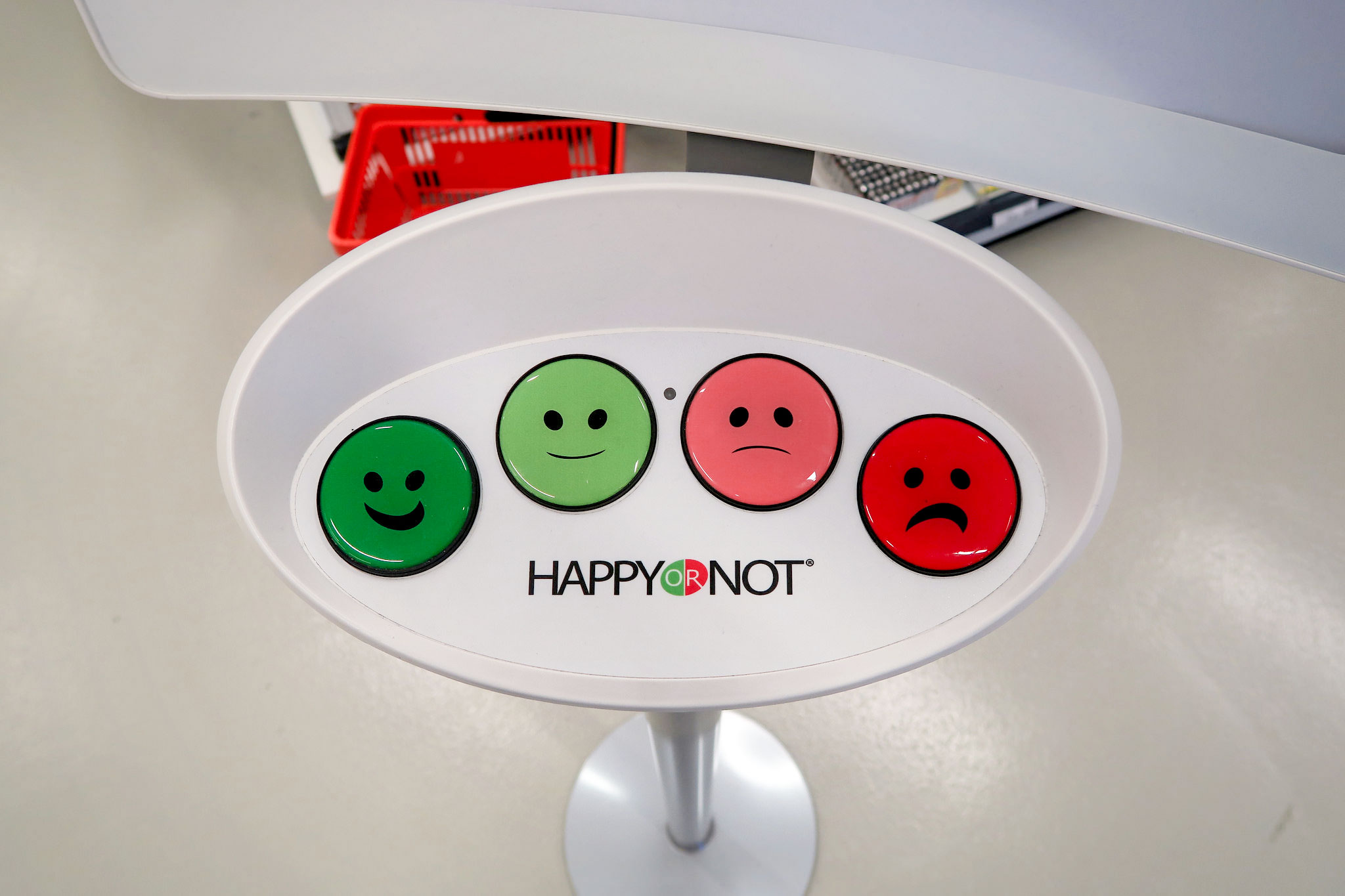In traditional management, feedback is often delivered during annual performance reviews or structured one-on-one sessions. But in today’s fast-paced workplace, waiting months to correct a behavior or recognize a strength is a costly delay. This is where micro-feedback becomes a powerful managerial tool.
What is Micro-Feedback?
Micro-feedback refers to short, specific, and immediate input given to employees in real time. Instead of long evaluations, managers provide small nudges, quick acknowledgments, or short corrective notes that align behavior with expectations.

Why It Works
-
Reinforcement Through Frequency – Frequent feedback strengthens learning and accelerates skill adoption.
-
Low Pressure – Employees don’t feel like they are under formal evaluation, making them more receptive.
-
Real-Time Adjustment – Correcting a mistake immediately prevents it from becoming a habit.
-
Boosts Morale – Small words of appreciation can significantly increase motivation.

How to Implement Micro-Feedback Effectively
-
Be Specific, Not Generic: Instead of “Good job,” say, “Great work clarifying the client’s concerns during the call.”
-
Balance Positive and Corrective Notes: Don’t wait only for mistakes; acknowledge strengths.
-
Keep it Private When Needed: Public praise is motivating, but corrective feedback is best delivered in private.
-
Integrate Into Daily Workflow: Use team chat, email notes, or quick huddles instead of waiting for formal reviews.
Micro-feedback is not about overwhelming employees with constant commentary, but about weaving short, meaningful insights into everyday interactions. Managers who master this skill build teams that learn faster, feel more supported, and perform at higher levels.









Replies to This Discussion